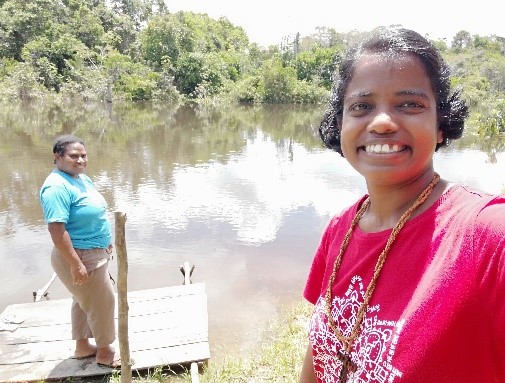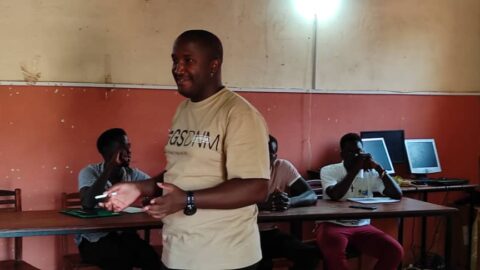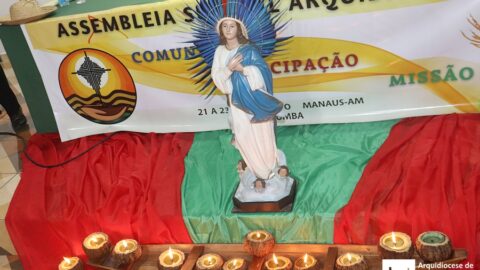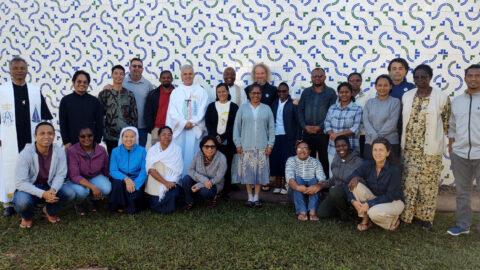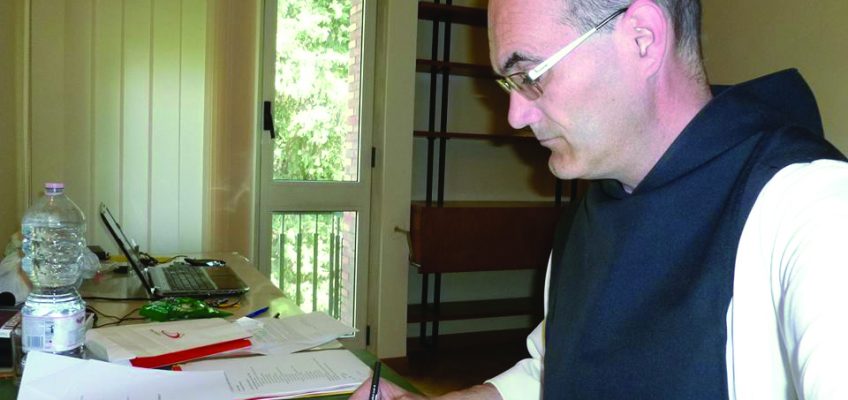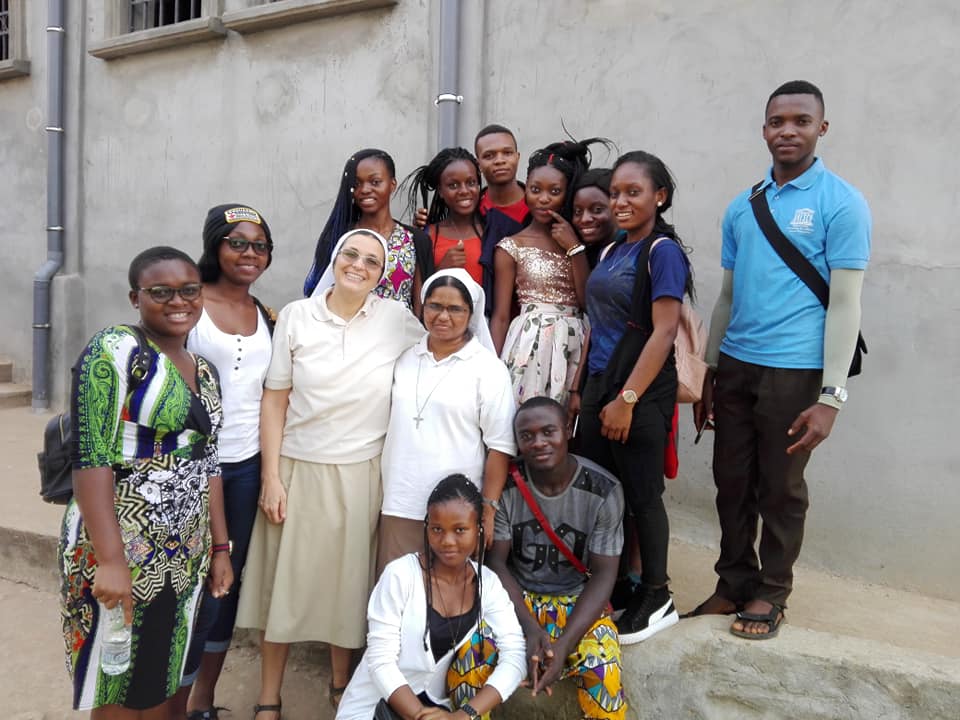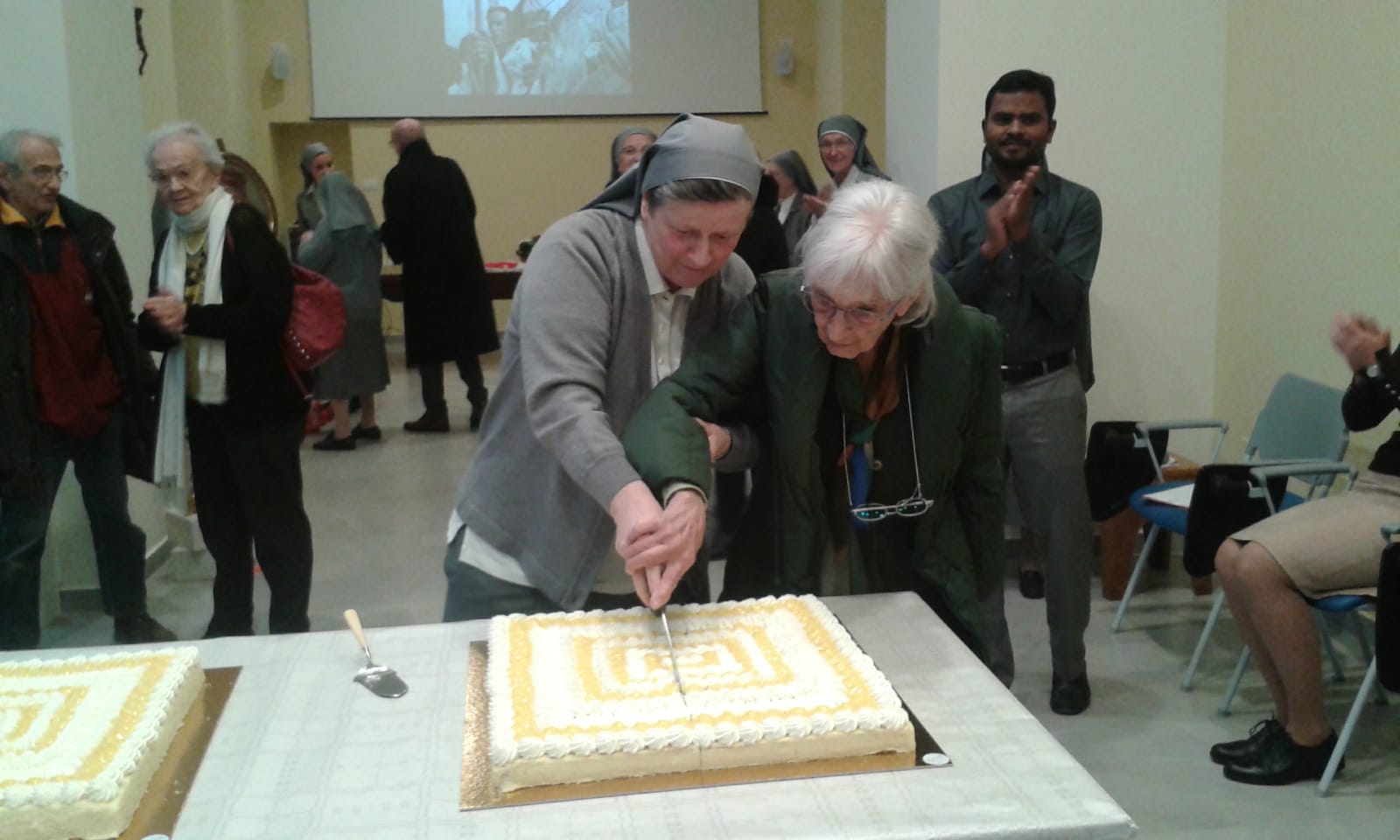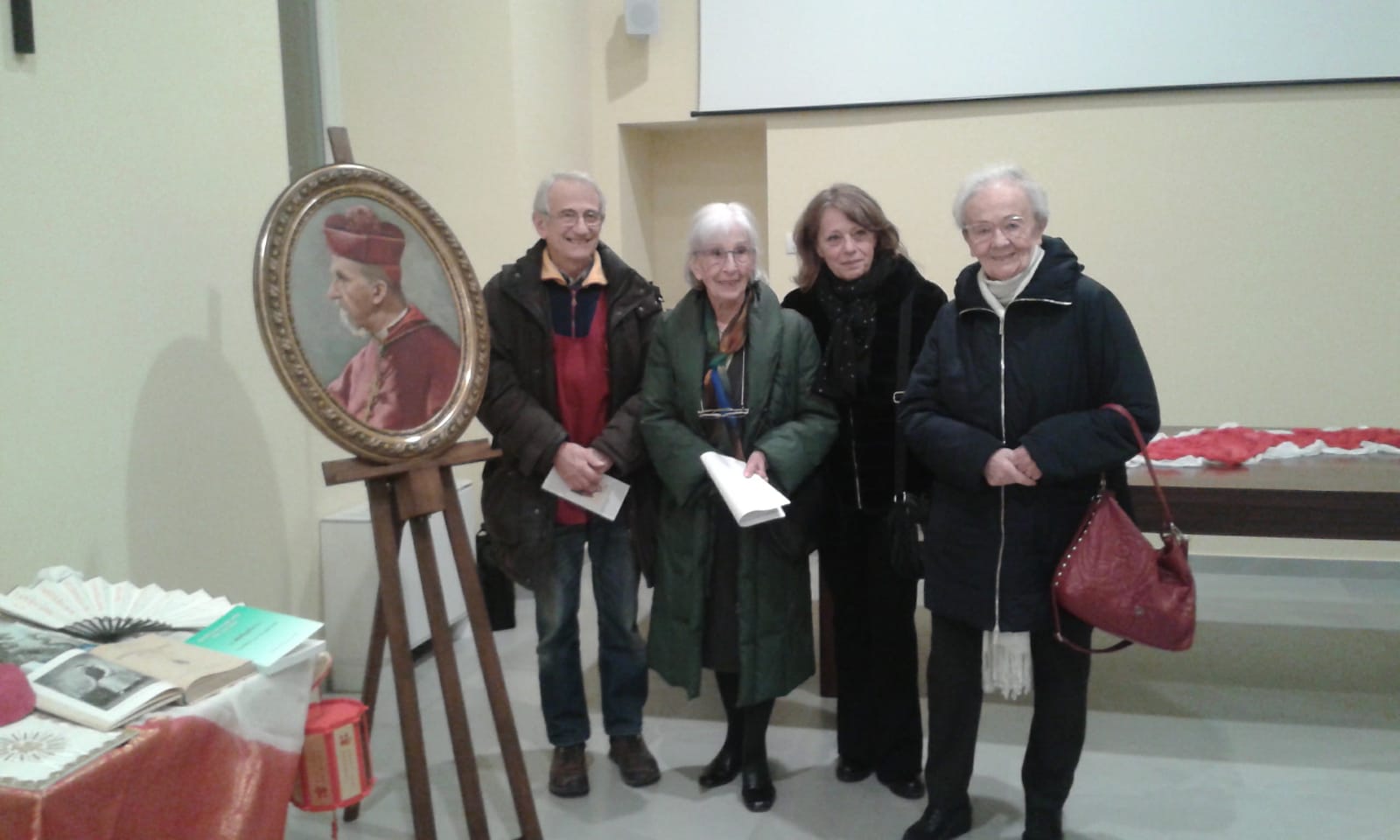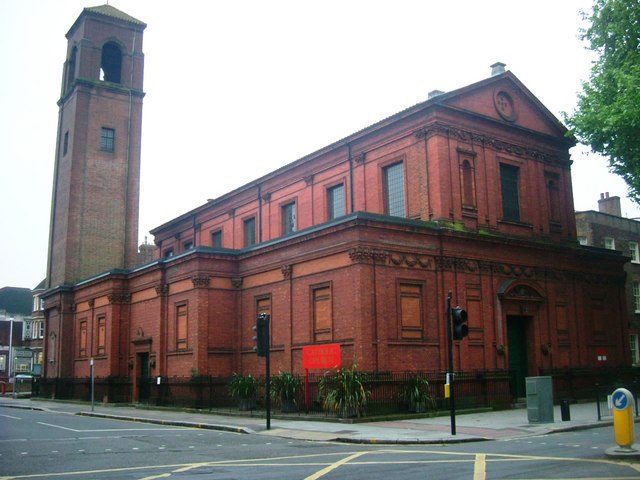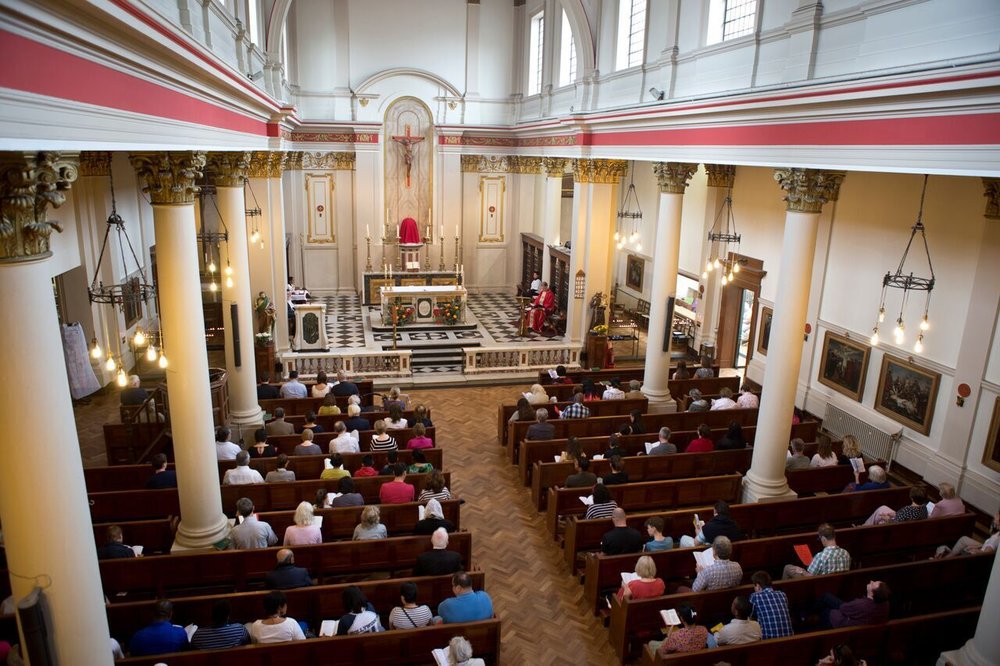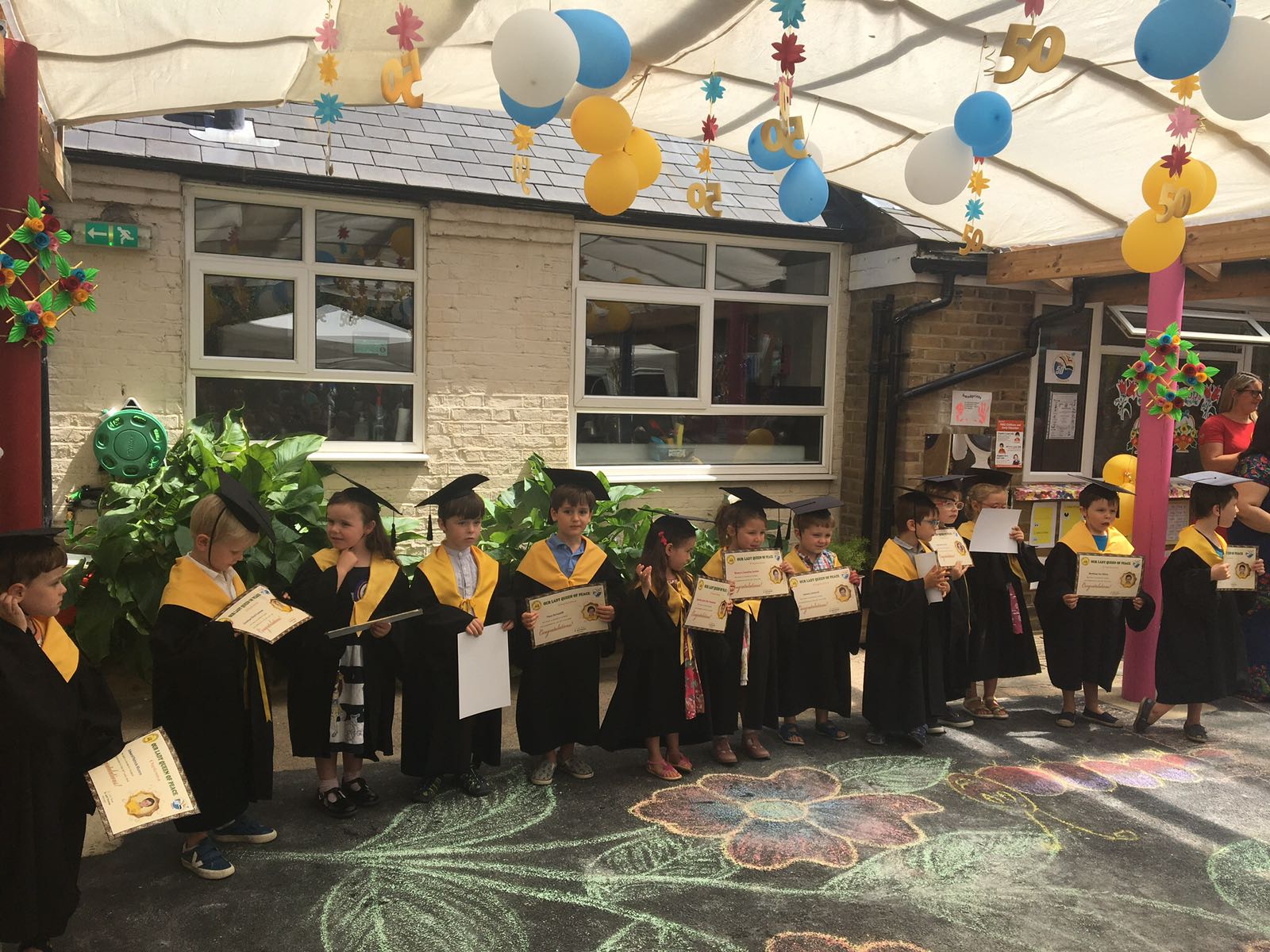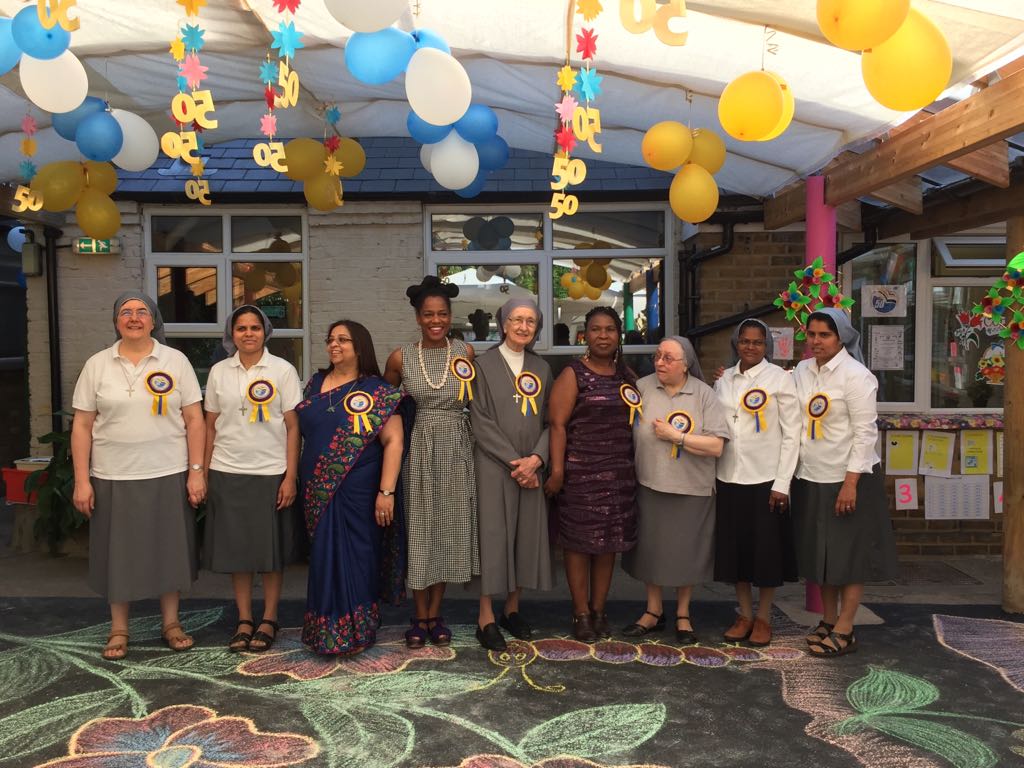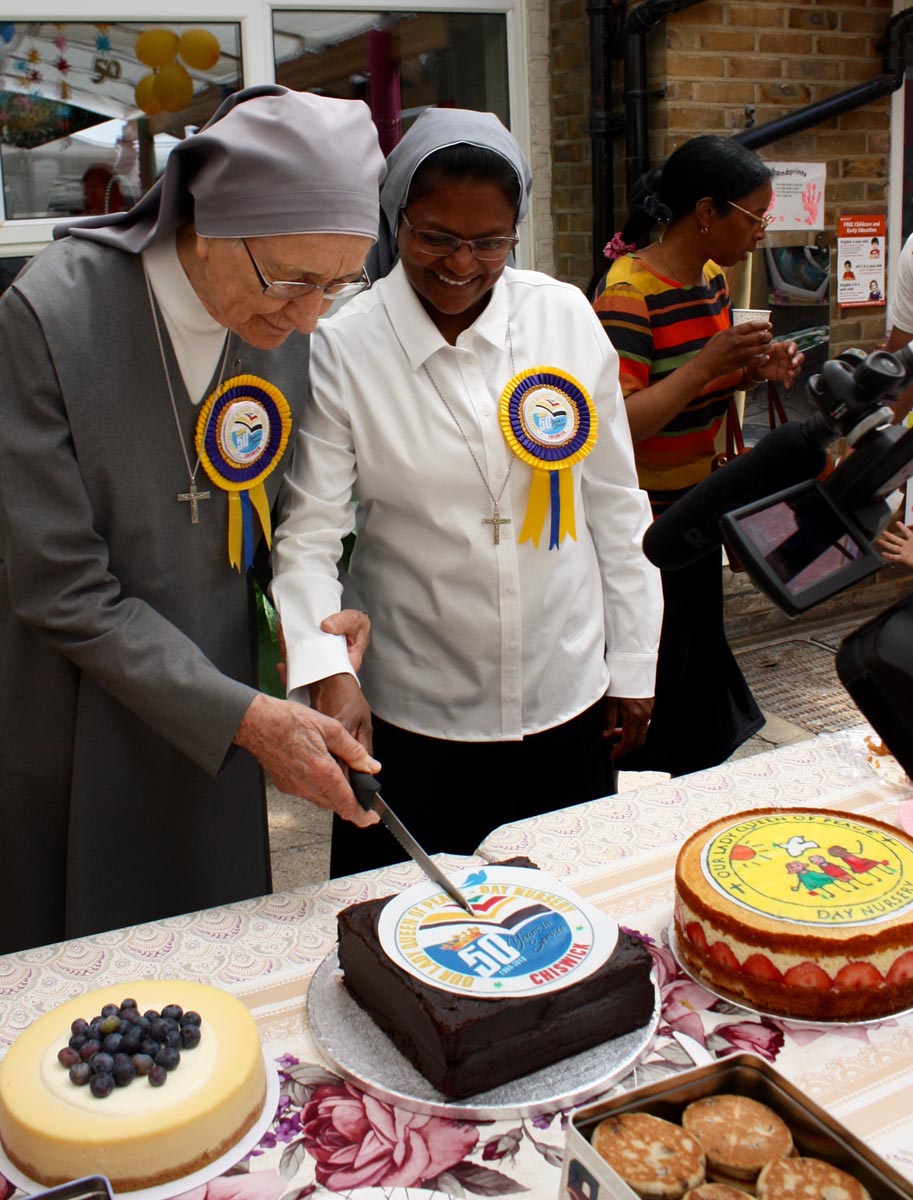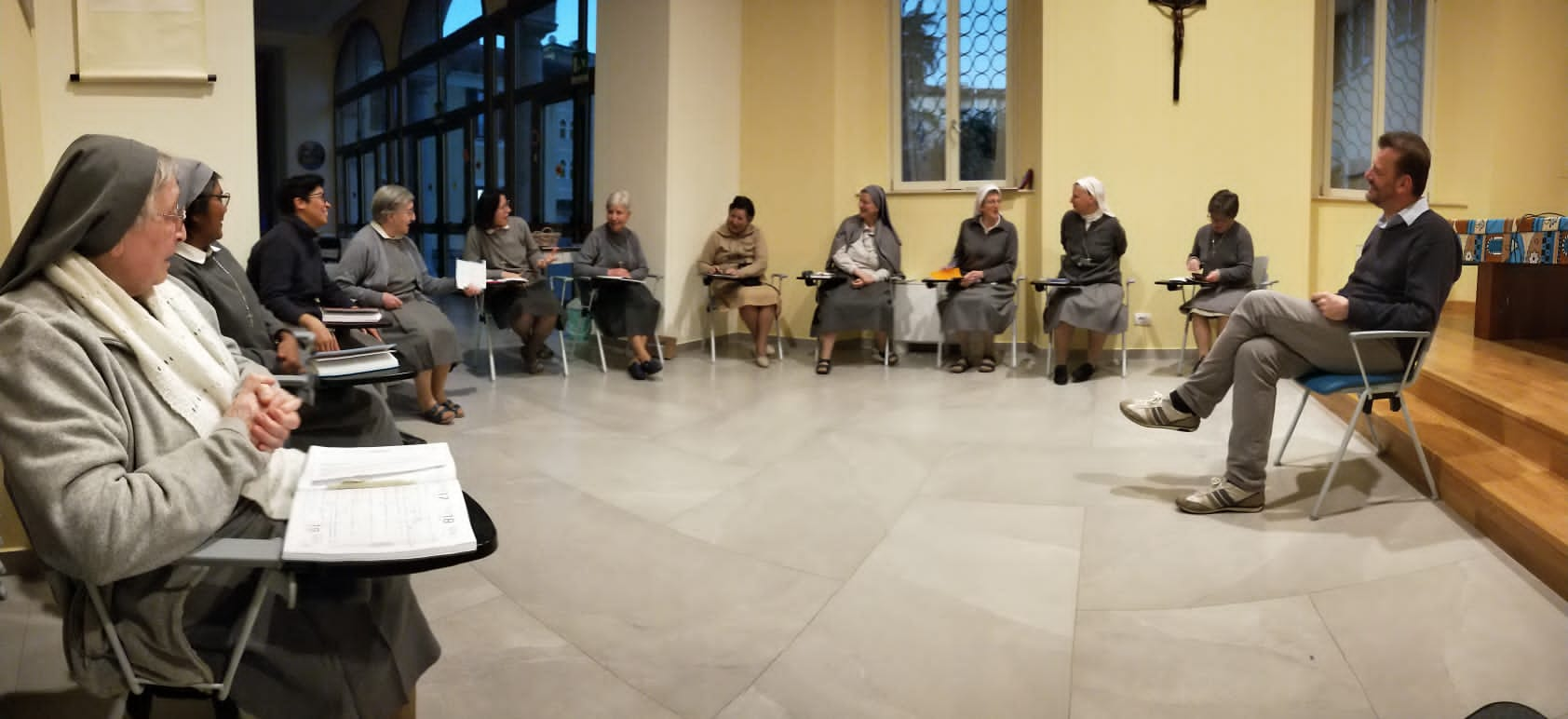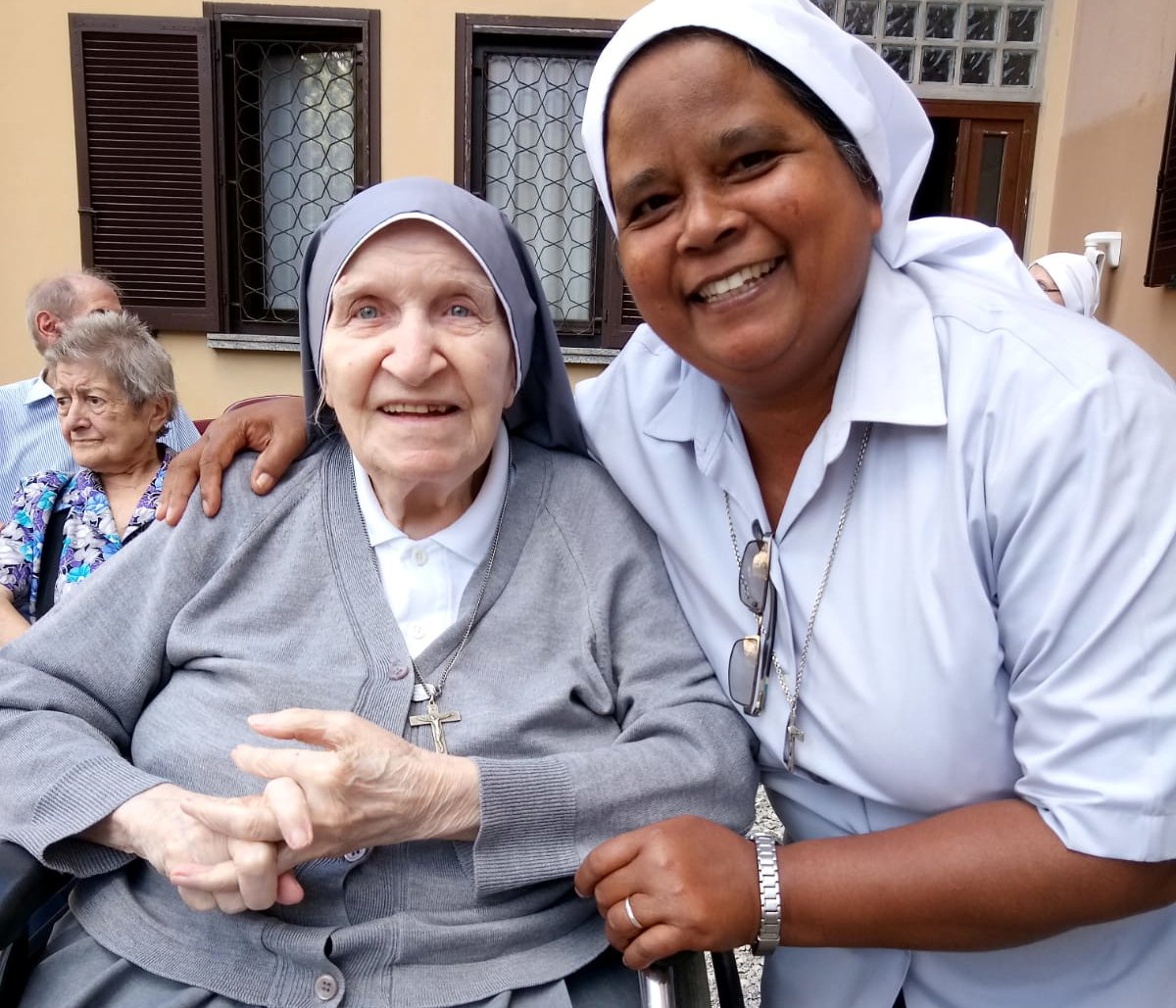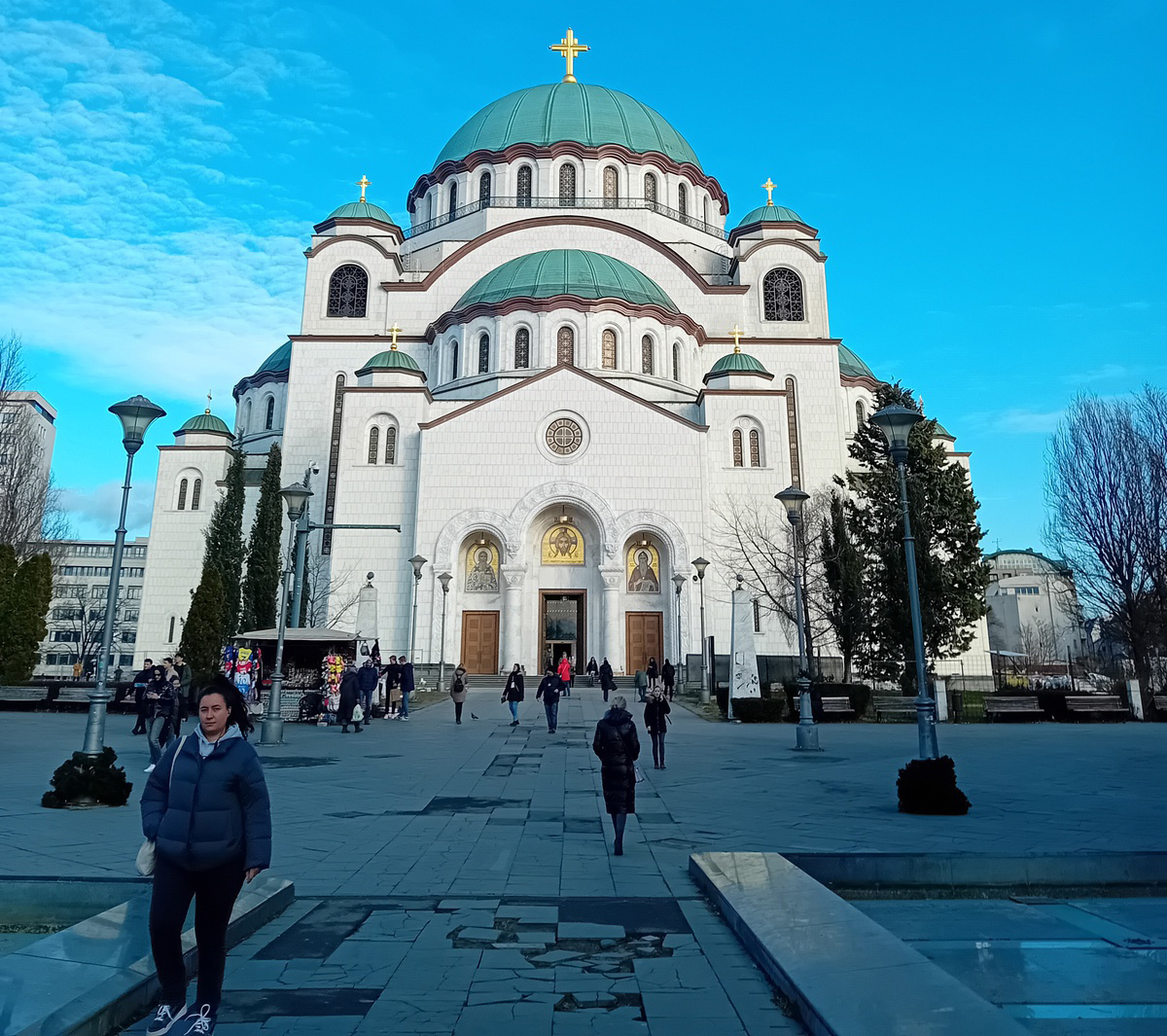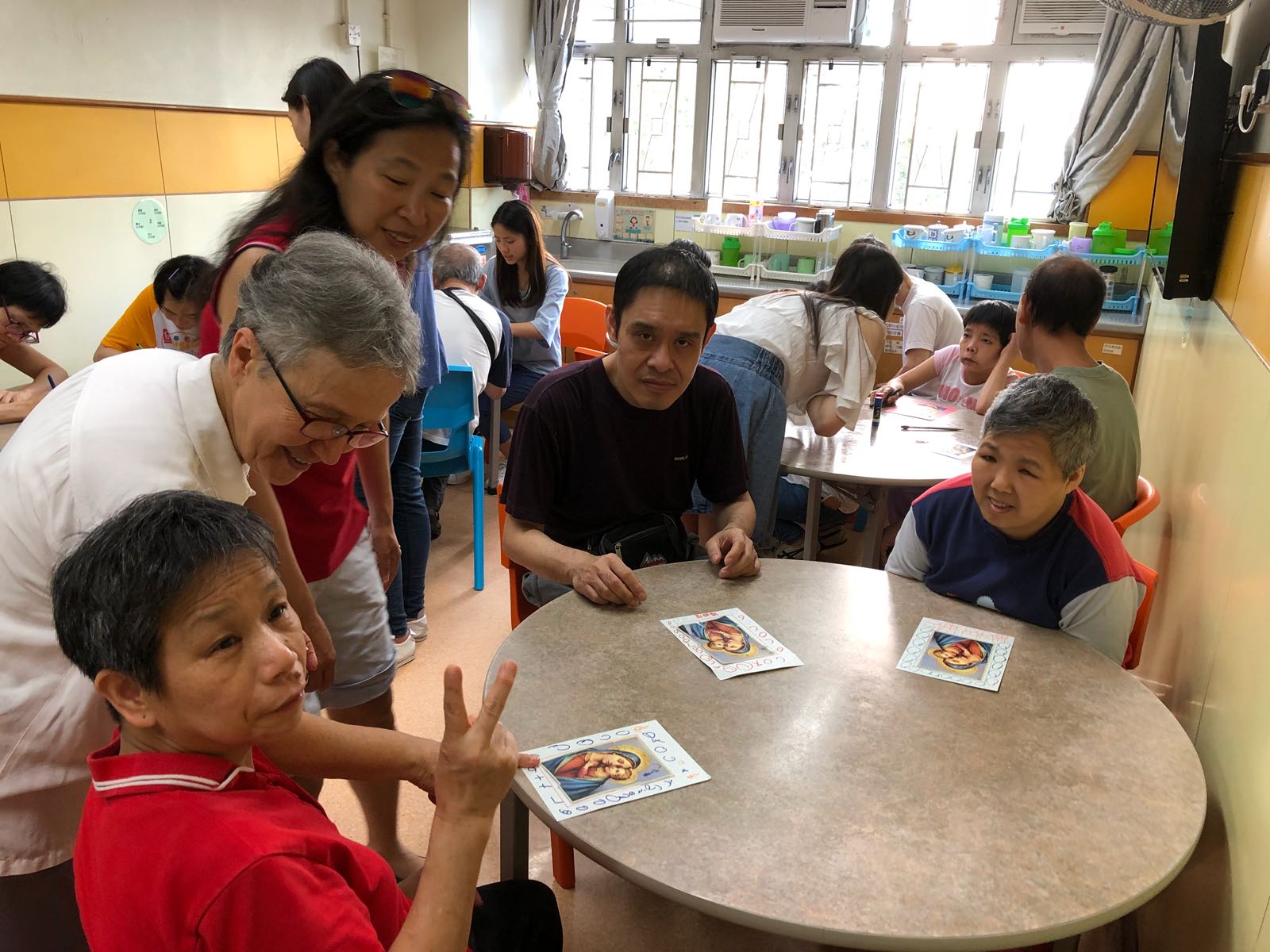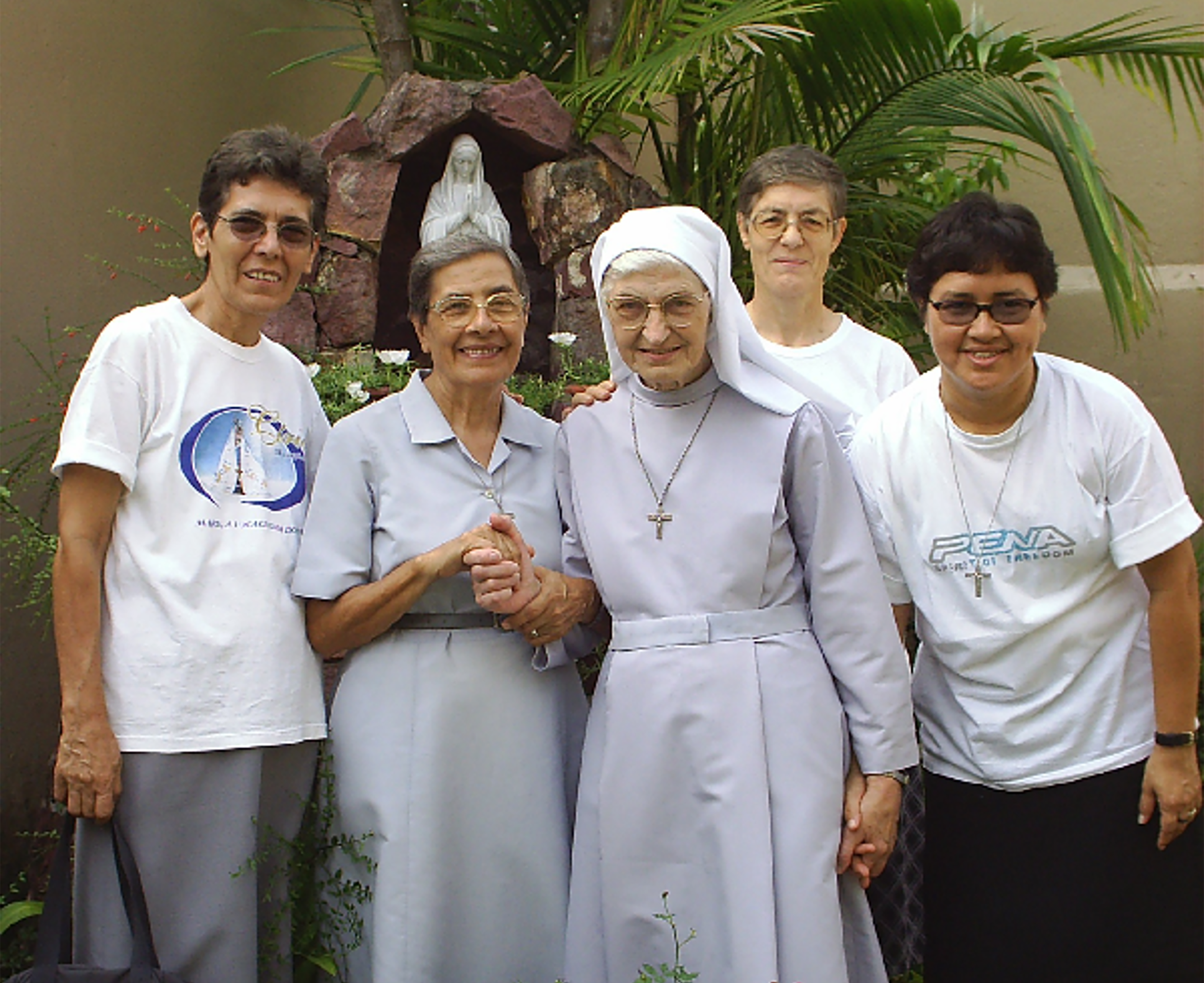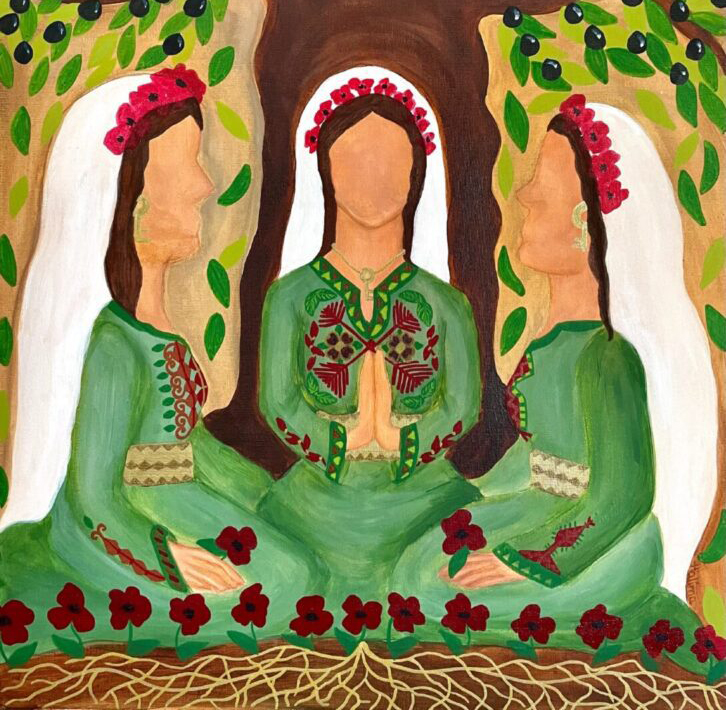I’m Sr. Sunitha, a missionary in Brazil since 2015. I am currently working in Santa Rita do Weill, São Paulo de Olivença Parish, Diocese Alto Solimões, AM.
Nomague (Good morning), chavega Sunitha (my name is Sunitha), these are my greetings in Ticuna language. Do you want to learn some more words? chamacu (friend), ngiãma (let’s go) , duri (butterfly), Mai (tree) Tupana (God) for today is done.
We lived the Holy Week of the year 2021 in a very different way, together with one of the ethnic native groups of Brazil,Ticuna tribe, who live around the community of Vendaval, from the parish of Belem de Solimões. At the start of this article I wish to narrate to you the story of young Aldemir.
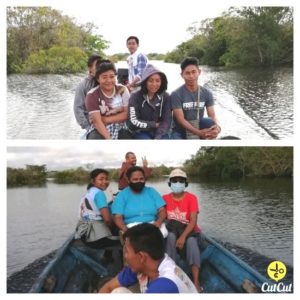 Aldemir, a young Ticuna from the Barro Vermelho community, desired to be a Priest. He started the process of vocation discernment and after two years of discernment, he felt that this was not his vocation and, therefore, gave up, returned to his home and got married. However, he felt God’s call to do something different. With the help of Sisters Izabel, Luísa and Júlia (from CNBB’s (Conselho Nacional dos Bispos do Brasil) intercongregacional project in Vendaval) Aldemir participated in some training courses and is currently attending the course for ministers of the Word (catequist) in Belém de Solimões. Now he is assisting as a Catechist in the Nova Esperança (New Hope) community located on the edge of the Evare I stream, about an hour and a half from Vendaval by wooden boat (a small boat with an outboard motor), where there are no means of communication or dispenser UBS (Unidade de Basica de Saúde) and the electricity is precarious. With the collaboration of the chief of the community, he managed to prohibit the consumption of alcoholic beverages especially during the very important traditional party called: “young girl”, celebrated when a girl enters into puberty. With Aldemir’s support, the community built a Catholic church and resolved so many fights that happened because of drugs and alcoholic beverages.
Aldemir, a young Ticuna from the Barro Vermelho community, desired to be a Priest. He started the process of vocation discernment and after two years of discernment, he felt that this was not his vocation and, therefore, gave up, returned to his home and got married. However, he felt God’s call to do something different. With the help of Sisters Izabel, Luísa and Júlia (from CNBB’s (Conselho Nacional dos Bispos do Brasil) intercongregacional project in Vendaval) Aldemir participated in some training courses and is currently attending the course for ministers of the Word (catequist) in Belém de Solimões. Now he is assisting as a Catechist in the Nova Esperança (New Hope) community located on the edge of the Evare I stream, about an hour and a half from Vendaval by wooden boat (a small boat with an outboard motor), where there are no means of communication or dispenser UBS (Unidade de Basica de Saúde) and the electricity is precarious. With the collaboration of the chief of the community, he managed to prohibit the consumption of alcoholic beverages especially during the very important traditional party called: “young girl”, celebrated when a girl enters into puberty. With Aldemir’s support, the community built a Catholic church and resolved so many fights that happened because of drugs and alcoholic beverages.
We (Sr. Stella, Frei. Marcos and myself) spent Holy Week in Vendaval in the presence of many young people who wish to be missionaries or catechists or leaders of the Word. They want to visit rural communities to get to know them and to help in their celebrations. Looking at these young people so talented and making themselves available for the work of evangelisation, we feel that the future of the local church is in their hands. It is enough to provide adequate training so that they can transform their own lives and become witnesses of the great love of God, thus attracting so many other people to the Kingdom of God.
On Holy Thursday when we arrived in Vendaval there was neither power nor water. We fetched water from the stream, and looked for candle to illumine the house we lived in. In spite of all these inconvenience we could have the joyful celebration of the Lord’s Supper. The church was packed, with many people including children. We did not perform washing of the feet ceremony due to the pandemic.
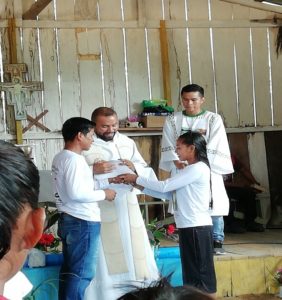 The following day, we had planned to visit the communities, but the rain disrupted our program. True indeed, “Man proposes,God disposes.” There was no light, no bread, but God’s providence was never lacking. We got bananas, which was our lifeline for breakfast and dinner for three days. Then we went to the New Galilee community. We were surprised, by looking at the Minister of the Word, being very young just 18 years old, efficient enough to lead the celebration with courage and content. His talent to play guitar, added more beauty to the celebration. The vibrant participation of young people and children was very much appreciable. Though the Way of Cross was scheduled at 3 pm, the people arrived around 7 pm as they are used to, despite lack of electricity. We were reminded of the words of Pope Francis “living with the smell of the sheep” and realised what it means.
The following day, we had planned to visit the communities, but the rain disrupted our program. True indeed, “Man proposes,God disposes.” There was no light, no bread, but God’s providence was never lacking. We got bananas, which was our lifeline for breakfast and dinner for three days. Then we went to the New Galilee community. We were surprised, by looking at the Minister of the Word, being very young just 18 years old, efficient enough to lead the celebration with courage and content. His talent to play guitar, added more beauty to the celebration. The vibrant participation of young people and children was very much appreciable. Though the Way of Cross was scheduled at 3 pm, the people arrived around 7 pm as they are used to, despite lack of electricity. We were reminded of the words of Pope Francis “living with the smell of the sheep” and realised what it means.
On Holy Saturday we went to visit the communities at BarroVermelho and Nova Esperança. On my way to this communities, navigating the Evare stream I was wonder struck at the beautiful creation of God the perfect architect. I felt as if every plant, tree, fish, water, rain, climate, people and animals are praising and glorifying God the Father for HIS immense mercy. On Easter Sunday we witnessed the wedding of a catechist from the Nupune community. The wedding ritual was celebrated in the local culture in the Ticuna language. The bride and groom pronounced the commitments in their mother tongue, the wedding rings were exchanged that were made up of tucumã seeds. The wedding was very simple, but had great impact on the community and the young people, who wish to marry in the Catholic Church. The wedding party brought together so many families under one roof. The couple themselves served the food to all the guests. We sat on the floor in a large circle; in the center were the pots. All the guests seemed to be a single family belonging to Jesus, ate and had fun in being each others company. All of this reminded me of the first Christian community described in the Acts of the Apostles (3, 42-47) who lived fraternal communion, shared bread and prayers.
Sr. Stella and I returned to Santa Rita full of joy and our hearts burned like that of disciples at Emmaus to tell everything that happened in Vendaval and around the Ticuna communities during Holy Week. From this experience I learned that working in a network (Freis Capuchin, Missionaries of the Immaculate,local lay people) helps us to reach people in need, in the most distant places, in the geographical peripheries.
My heart expresses immense gratitude to God, to my Congregation, which allows me to live my religious missionary vocation in this reality, on the triple border between Brazil, Peru and Colombia.
Sr. Sunitha Pamula – Santa Rita do Weil, Brazil North/South


